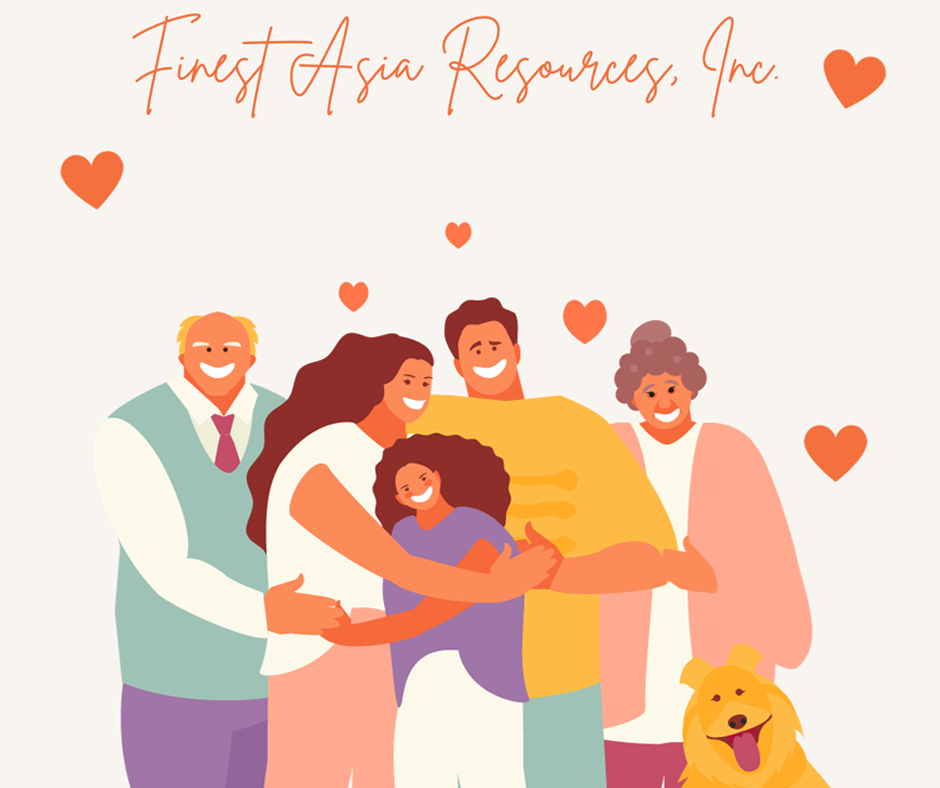
Our overseas Filipino workers (OFWs) have always managed to maintain relationships with their families back home, even in the face of physical distance. The Department of Migrant Workers (DMW) guidelines have created opportunities as well as challenges for the OFW community, leading to a special adaptation process that emphasizes the value of family relationships.
The DMW standards have changed the way the community thinks about labor and are intended to protect the rights and welfare of Filipinos employed overseas. By highlighting the need for better lines of communication and support mechanisms for individuals living and working abroad, this new framework promotes a more methodical approach to resolving the issues of international workers. Following the implementation of these restrictions, a large number of Filipino workers had to learn new protocols and rules, but they also discovered methods to make the most of these structures to maintain relationships with their loved ones.
One of the most significant impacts of these guidelines has been the promotion of digital connectivity. Overseas Filipino workers now have access to a wide range of communication tools that enable smooth family interactions thanks to technological advancements. From video calls and instant messaging to social media platforms, these digital mediums have become the lifelines for maintaining strong family bonds. Despite the time zone differences and demanding work schedules. Filipino workers prioritized communication with their families, ensuring that they were present for every milestone, both big and small.
Furthermore, The Department of Migrant Workers (DMW) guidelines have underscored the importance of financial literacy and responsible remittance practices. Overseas Filipino Workers have become more conscious of the need for prudent financial management to support their families back home. Many have taken advantage of financial education programs and workshops offered by various organizations to make informed decisions regarding investment savings, and sustainable money management.
Amidst the challenges of adapting to the new guidelines, the resilience of the overseas Filipino community shines through. They have established strong support networks within their host countries, forming tight-knit communities that provide emotional and social support. Religious and cultural organizations, as well as local Filipino communities, serve as pillars of strength, fostering a sense of belongingness and camaraderie among workers. These communities not only help address practical concerns but also serve as a source of comfort and familiarity, easing the feelings of homesickness and isolation that can often accompany living abroad.
In conclusion, the implementation of the Department of Migrant Workers (DMW) guidelines has brought a transformation in the way Overseas Filipino workers navigate their lives abroad. By leveraging technology, fostering financial literacy, and cultivating community support, these resilient individuals have adapted to the new guidelines while prioritizing the maintenance of strong family ties. Their unwavering determination and love for their families serve as a testament to the enduring spirit of the Filipino people, highlighting their ability to overcome challenges and stay connected despite the miles that separate them.